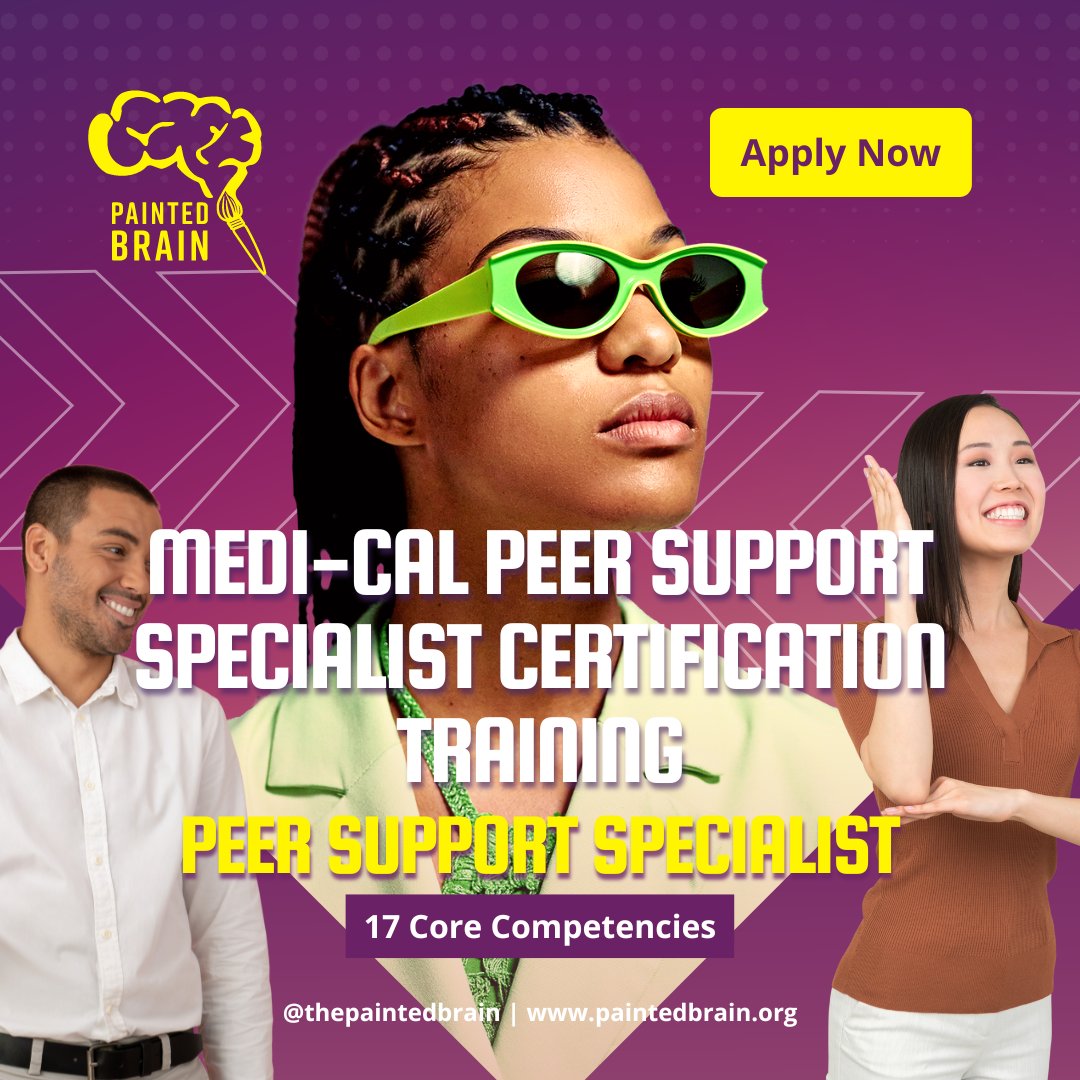Image Source: Pexels
Embarking on your chosen career path can be a rewarding and exciting experience. For most, a career is filled with dedicating your energy toward a field or profession you genuinely care about. Not to mention that you’ll be making a living accomplishing tasks you enjoy. However, that’s not to say the journey will always be easy.
This may be particularly relevant if you live with experiences of mental illness. It can certainly be challenging to juggle coping with your condition while finding ways to thrive and progress in your chosen role. Indeed, some aspects of your career, such as workplace stress, might exacerbate your symptoms. It is, therefore, wise to find ways to effectively navigate these two areas of your life. .
Identify Key Resources
In all likelihood, you utilize various types of tools and resources in the course of your career. This helps to make your various tasks more manageable and enables you to function productively. The same consideration should apply to coping with mental illness while navigating your career. You must identify and adopt the resources likely to help you thrive.
This might include a range of day-to-day measures. Incorporating breaks for mindfulness and meditation throughout your day is a scientifically-backed way to reduce stress. Utilizing therapy through tele-health tools can empower you to fit vital counseling sessions into your working schedule. Even arranging trips to the gym or for outdoor exercise during lunch breaks or before work can be invaluable coping mechanisms for navigating your experiences of mental illness.
In some instances, these forms of therapy and preventative measures alone may not be sufficient. It’s important to be able to recognize your symptoms that indicate it’s time to consult a psychiatrist. In the first instance, your primary care doctor can help you assess the need to attend this type of service. Unlike therapists, these professionals are trained to diagnose conditions and can prescribe medication when necessary. The right psychiatrist can be a great resource to help you to identify more effective coping mechanisms. They’ll also collaborate with you to make long-term plans for managing your mental health alongside your career goals.
[Related: Vision Boards For Mental Wellbeing]Adapt Your Environment
Your working environment can have a significant impact on your experiences of mental illness. Aspects of decor, noise, and personnel crowding can influence how you feel and your ability to achieve your goals. As such, it’s important to understand what adjustments you can make to your surroundings that better suit your needs and support you to thrive in your career.
This may involve requesting reasonable accommodations from your employer, which could be covered under the Americans with Disabilities Act (ADA). For instance, you might ask for a quieter place to work if the sounds in your office are too overwhelming. In some roles, it could be practical to seek permission to work from home, or adopting a hybrid working schedule could be practical. However, even decorating your part of the office with more positive and empowering elements may be impactful on your day-to-day emotional wellness.
That said, sometimes the office isn’t the environmental issue at hand. Careers involving spending long periods away from home can be detrimental to your mental health, too. In these scenarios, it’s common to experience sleep deprivation, social isolation, and malnutrition. Each of these elements can negatively contribute to symptoms of mental illness. Therefore, it can be important to negotiate with your employer to limit these long trips away wherever possible. If these are a key part of your career choice, it may be wise to seek time off between trips to help you recover more effectively.
Maintain Effective Boundaries
One of the ways many people find their careers negatively influence their mental health is in relation to boundaries. You might find that you face a significant amount of pressure to perform to excessively high standards. There may be a tendency in your field for employers to expect regular overtime or for you to be contactable on your days off. Setting effective boundaries in appropriate areas can help you mitigate challenging mental health consequences.
There are various areas in which you might find setting boundaries to be effective. If you find working overtime to be a particularly challenging issue, seek to set hard lines on your scheduling. Importantly, avoid the tendency to answer professional phone calls, emails, and messages outside of core work hours. Make certain you’re taking regular breaks throughout the day, too.
Emotional boundaries are important to set, as well. If you’re experiencing what you’d consider to be bullying or microaggressions in the workplace, establish ways to express your concerns and report them to human resources. Even avoiding workplace drama and gossip can minimize your exposure to toxic elements of office culture.
From a career perspective, perhaps the most vital part of this process is to communicate your boundaries once you’ve set them. Giving the impression of being unnecessarily inflexible can be disruptive to your progression plans. Talk to employers, colleagues, and mentors about the reasons you’ve put these limits in place. This explanation doesn’t always have to be specifically related to your own mental health if you’re not comfortable discussing this. Rather, help them understand that these steps are healthy for everyone involved and have a positive impact on productivity and workplace culture.
Conclusion
Pursuing your career while experiencing mental illness isn’t always easy. It’s important to establish what resources you can adopt that help you to manage your symptoms while meeting the needs of your role. You should also consider how you can practically adjust your environment to reduce the negative effects of your day-to-day workplace. Establishing and effectively communicating solid boundaries can also be a vital form of protection. With some planning and consideration, you can ensure you thrive mentally and professionally.
Peer Support Specialist Certification Training Available!
Since 2009, Painted Brain has been advocating for peer-driven services using the recovery model, and in September 2020 Senate Bill 803 was finally passed.
SB 803 recognizes the value of peer support.
Now, peer support services are Medi-Cal billable!
Painted Brain applied to become an approved training vendor for Medi-Cal Peer Support Specialist Certification in the state of California, and we’re pleased to announce that we are now an approved vendor!
For more information on how to get training, please sign up for our waitlist here



